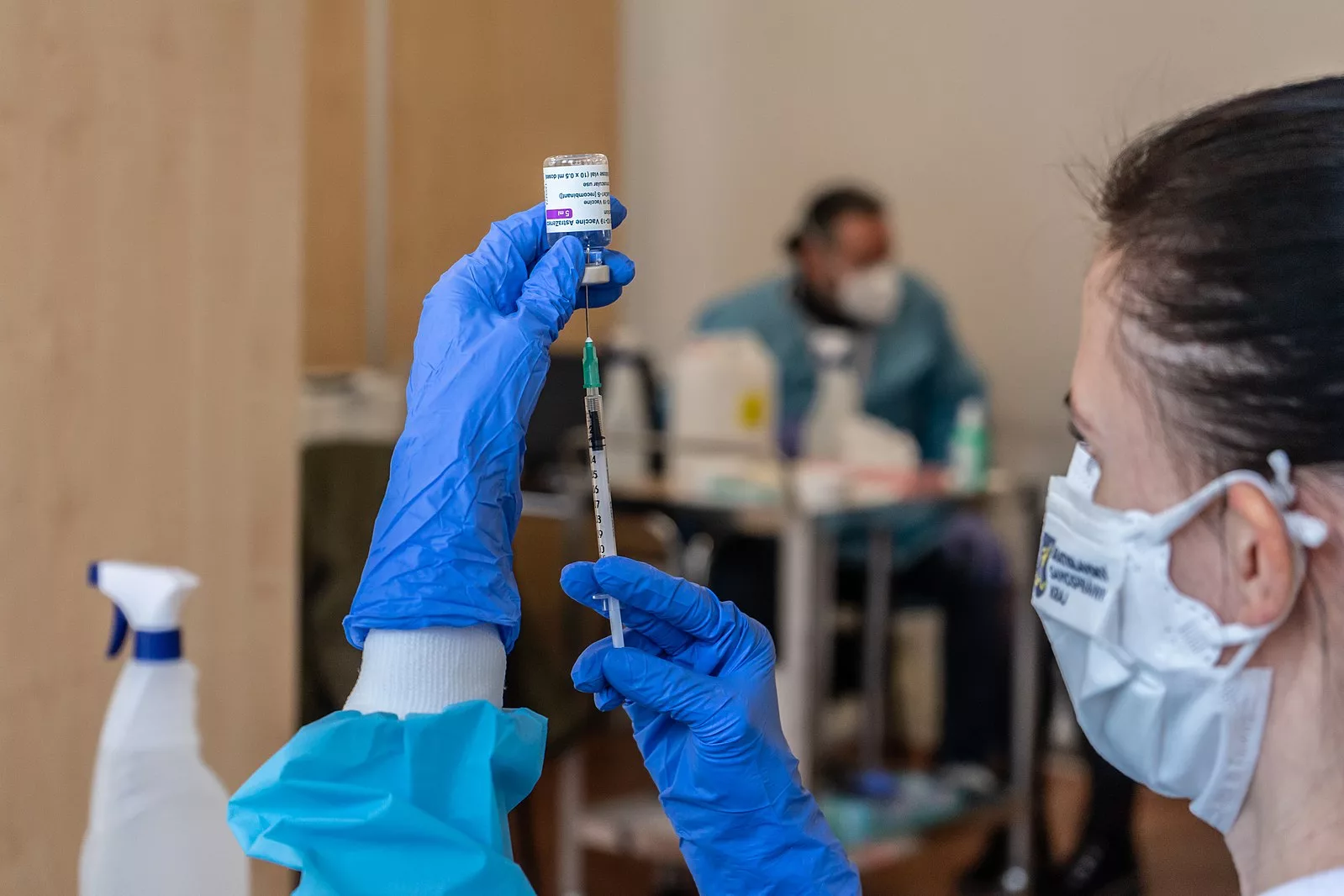An Oxford malaria vaccine has been recommended for use by the World Health Organization (WHO). This is the second of two malaria vaccines produced in the last two years. Oxford’s vaccine has been selected for a mass rollout because of its potential for cheap mass distribution.
The first-ever malaria vaccine, which was approved by the WHO in 2021, represented a significant step towards lessening the impact of the disease. This second vaccine is easily deployable, requiring a smaller dose than its predecessor, and is manufactured at about half the cost.
The WHO said the new R21 vaccine would be a “vital additional tool”. Each dose costs $2-4 (£1.65 to £3.30) and four doses are needed per person- about half the price of RTS,S.
The world’s largest vaccine manufacturer, the Serum Institute of India, will make 100 million doses per year, with plans to increase to 200 million. The vaccine is set to help prevent half a million deaths per year.
Dr Tedros Adhanom Ghebreyesus, Director-General of the WHO, said in a press statement: “Demand for the [the first] vaccine far exceeds supply, so this second vaccine is a vital additional tool to protect more children faster, and to bring us closer to our vision of a malaria-free future.”
Due to constant mutation, malaria is hard to eliminate entirely. In 2021 96% of malaria deaths worldwide were in Africa. Recently the new vaccine has been approved for rollout in Ghana, Nigeria, and Burkina Faso.
Dr. Ghebreyesus said this was for him a moment of “great pleasure”.
“I used to dream of the day we would have a safe and effective vaccine against malaria. Now we have two”, he said.
Data that has been published online shows the R21 vaccine is 75% effective at preventing the disease in areas where malaria is a seasonal, but has not yet been through the usual process of scientific review.



